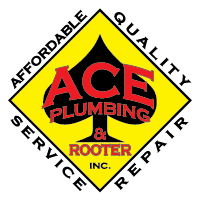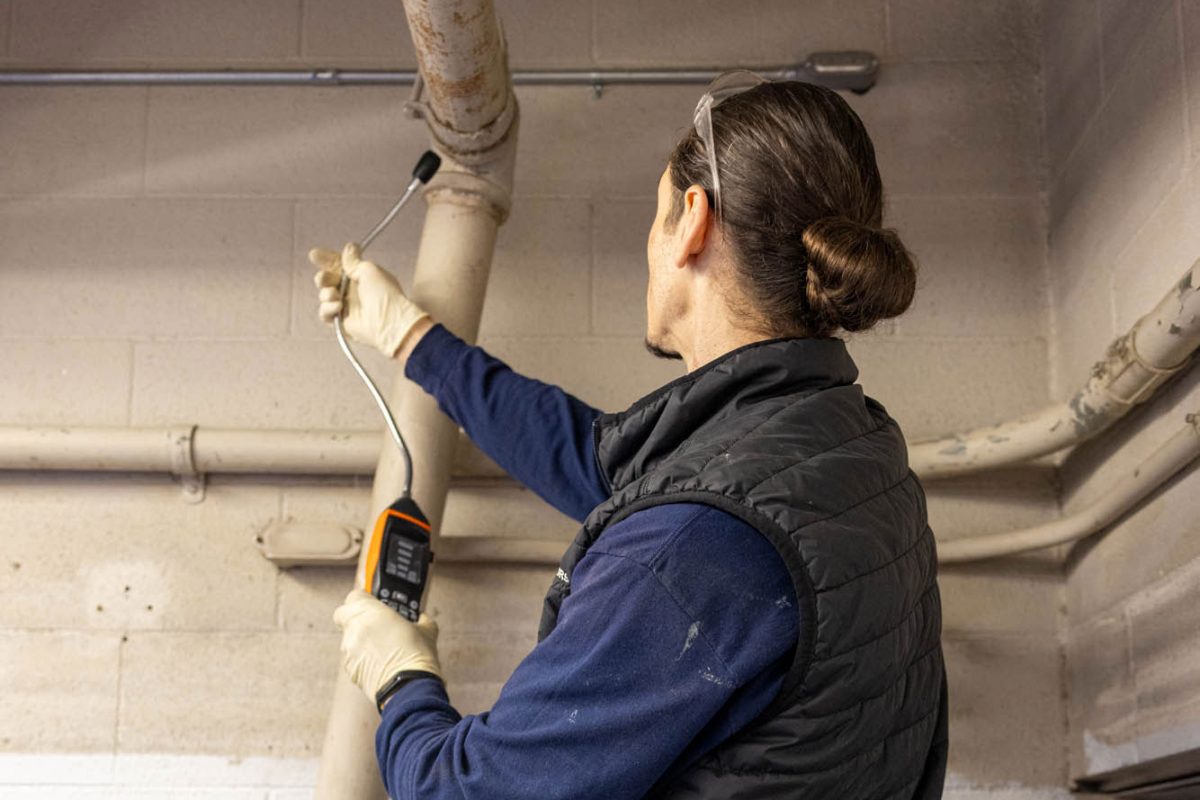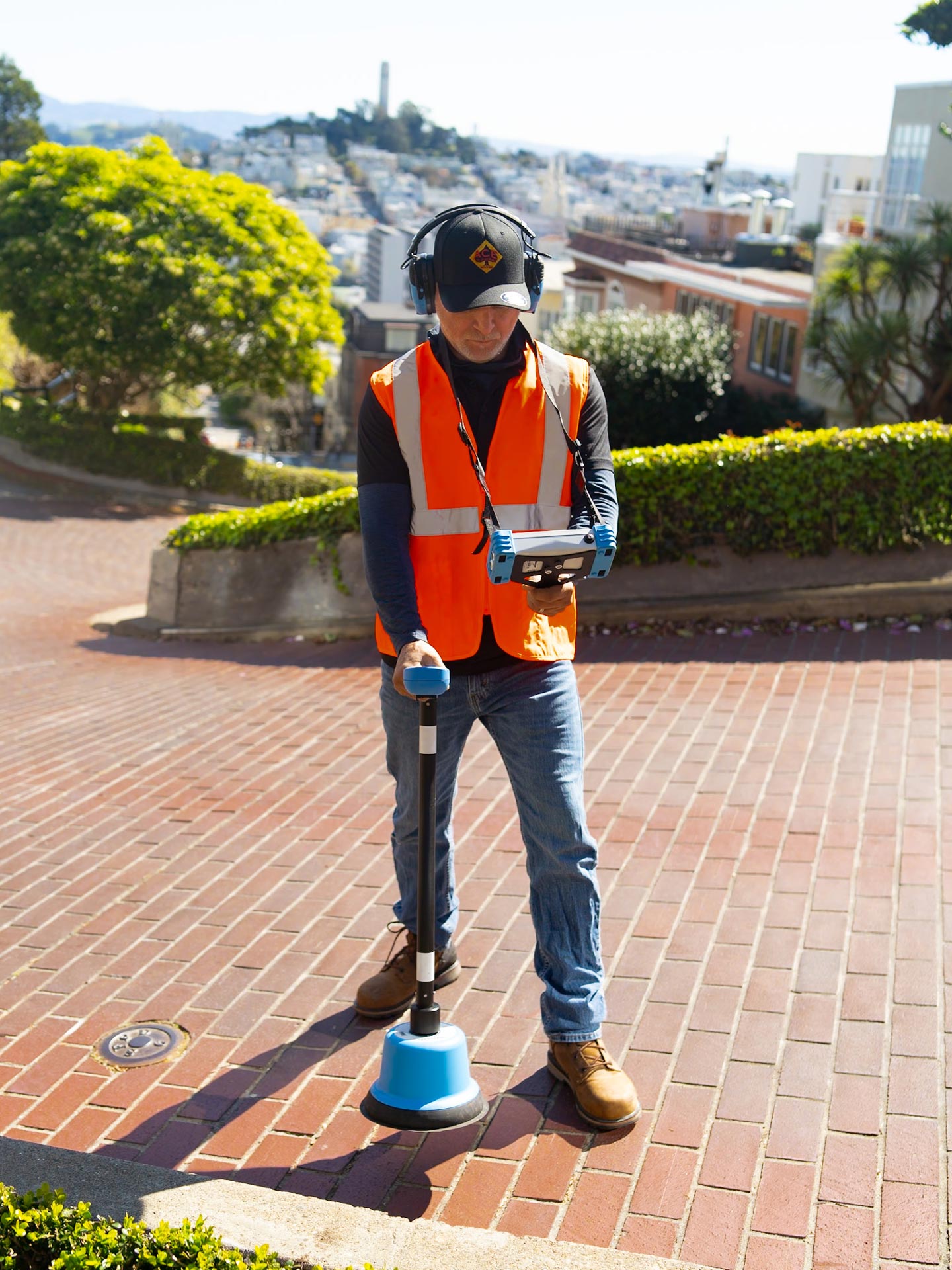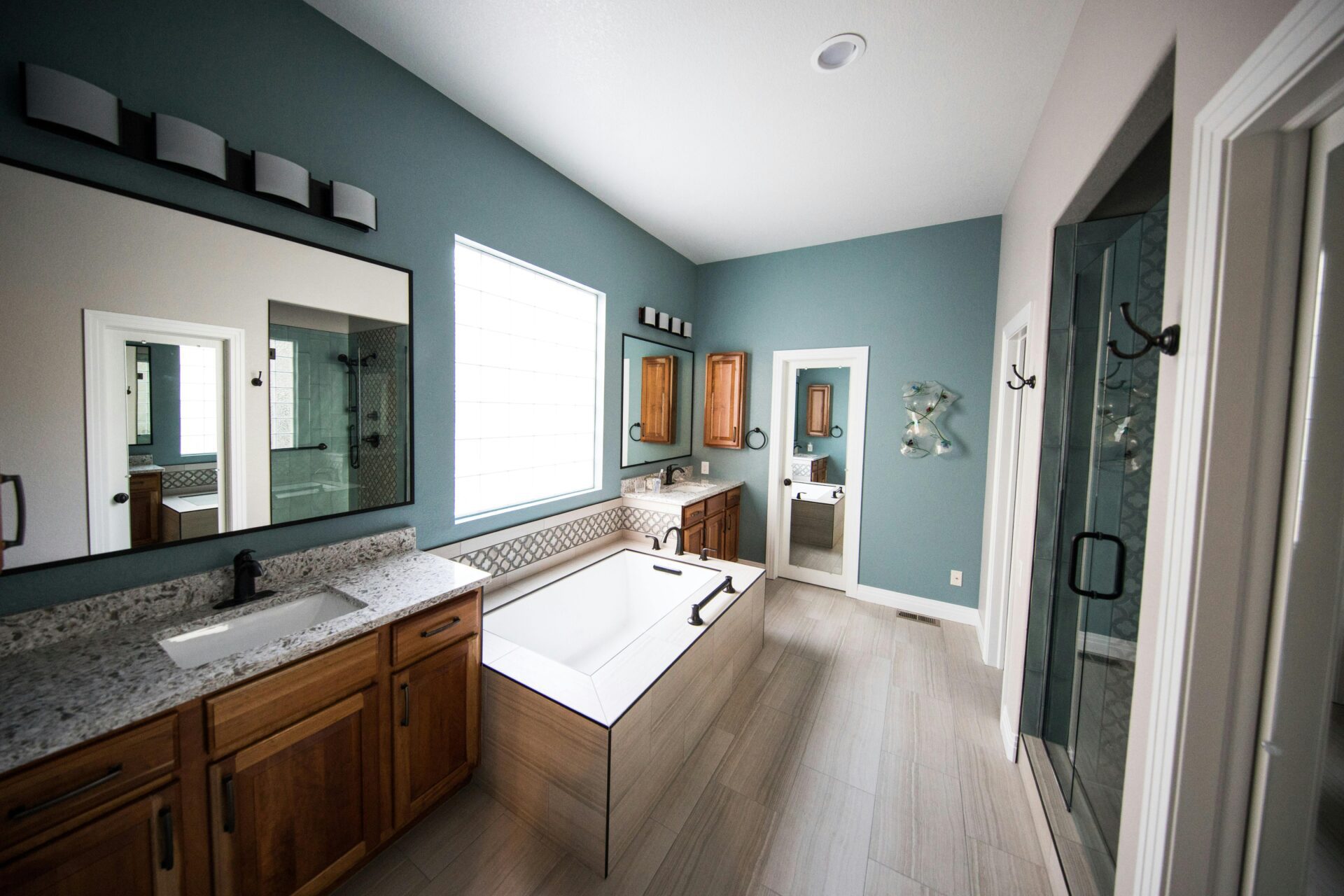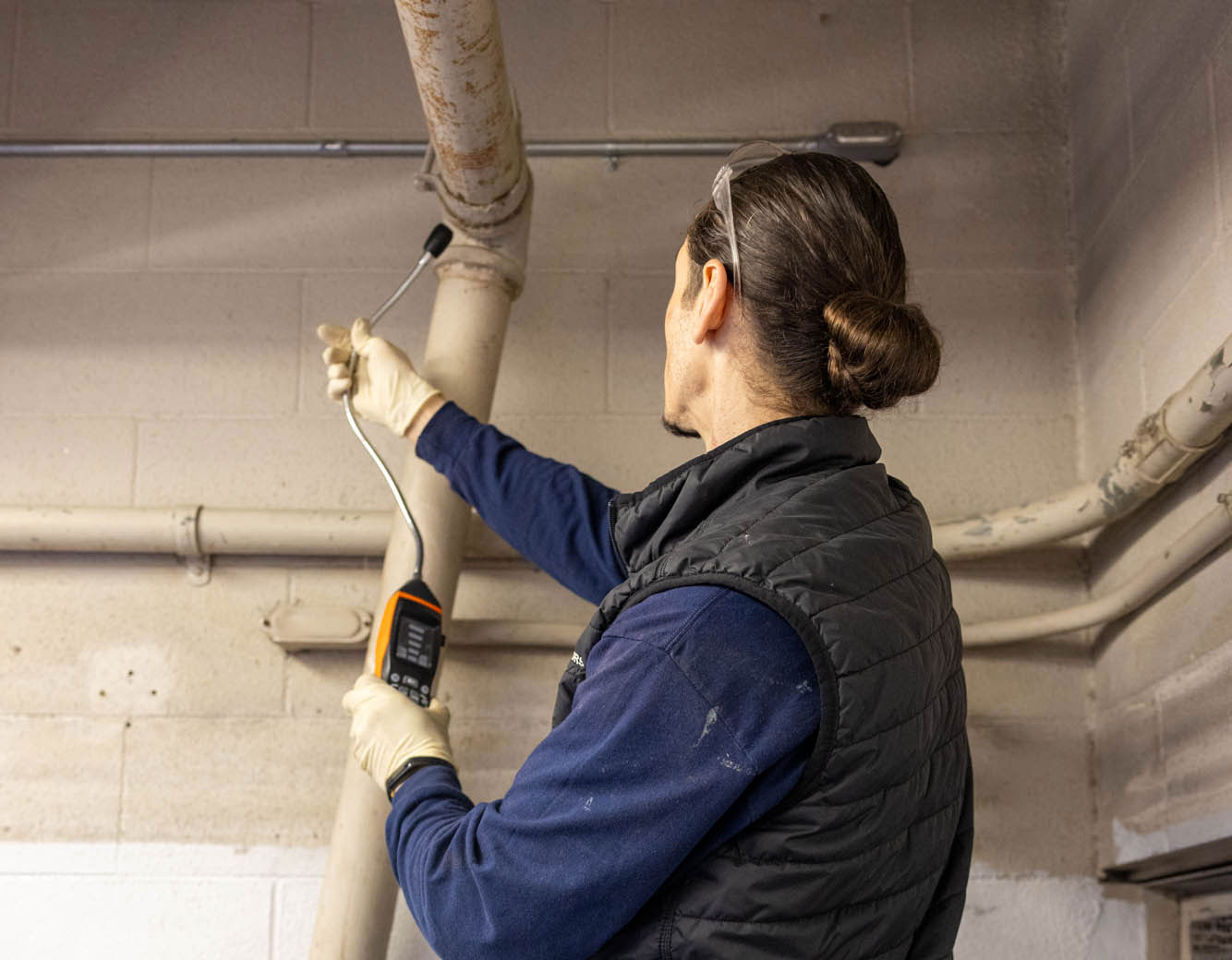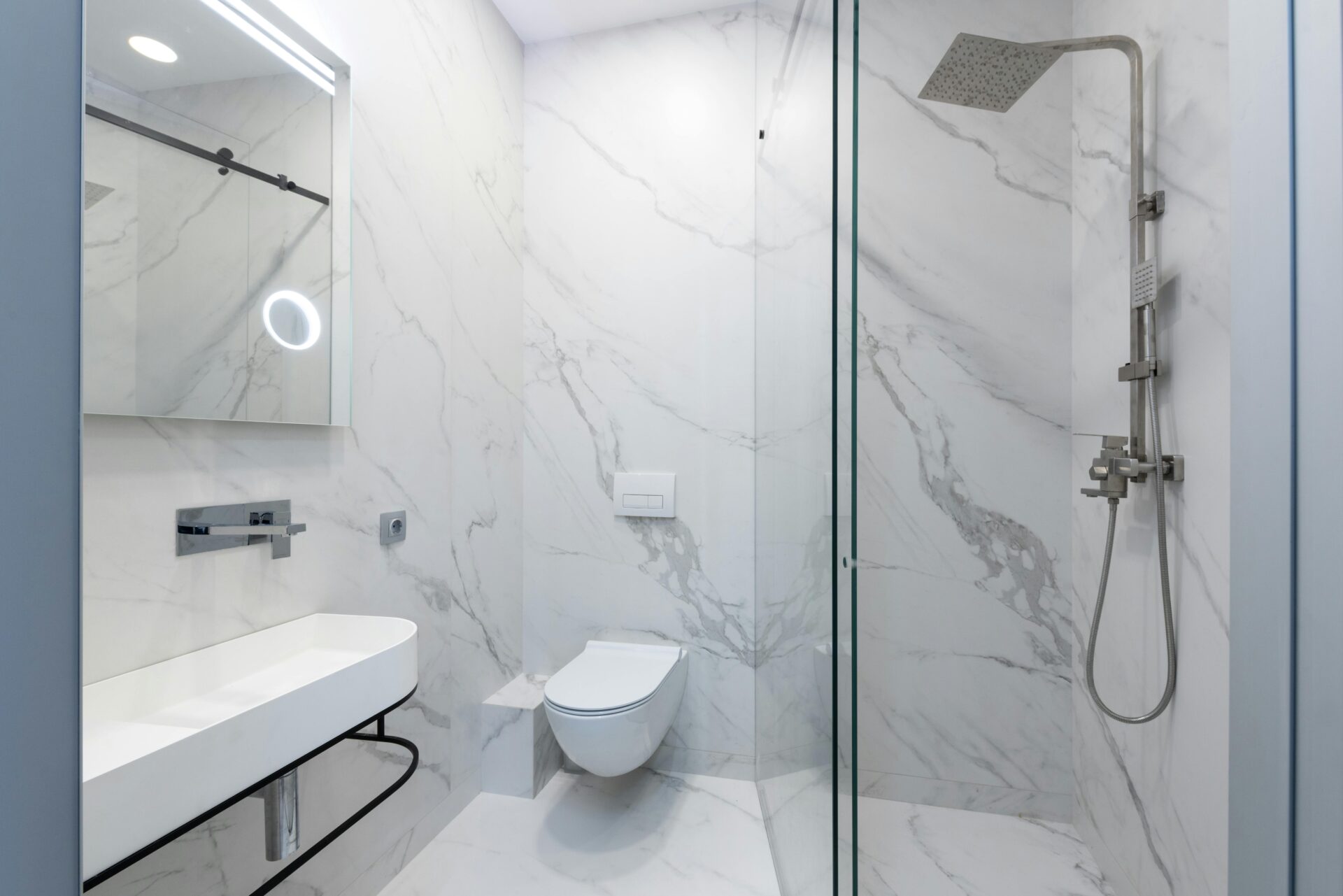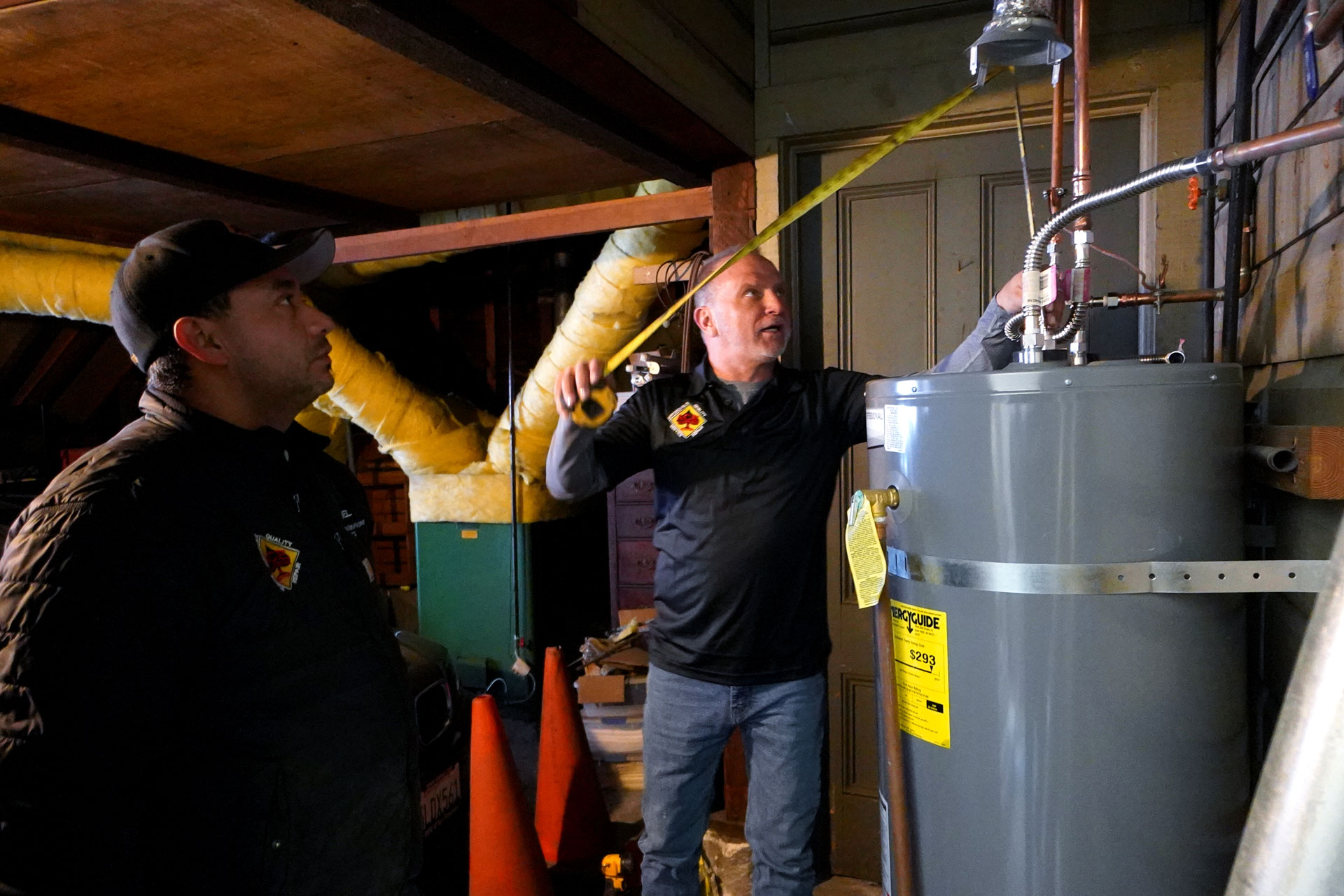Helping and educating our clients around the San Francisco area is what makes us the trusted choice for a local plumber time and time again. Our experts often respond to plumbing emergencies that could have been avoided in some cases with more preventative plumbing maintenance. Here we’ll discuss the top 5 things that could cause a plumbing emergency if not well maintained or monitored by homeowners.
1. Clogged Drains
One of the most common causes of plumbing emergencies is clogged drains. Over time, debris such as hair, soap scum, and food particles can build up in your drains, causing blockages. If left unattended, clogged drains can lead to slow draining water, foul odors, and even burst pipes. Regularly cleaning out your drains with a mixture of hot water and vinegar can prevent clogs from occurring.
2. Corroded Pipes
Older homes often have pipes made of metal, which can corrode over time. Corroded pipes can lead to leaks and bursts, causing significant water damage to your home. It’s essential to regularly check or have a professional monitor the condition of your pipes and replace any corroded ones before they cause further damage.
3. Tree Root Infiltration
Tree roots are known for seeking out sources of water, making them a common cause of plumbing emergencies. If you have trees planted near your home, their roots may infiltrate your pipes and create blockages or even cause them to burst. To prevent this, regularly inspect your outdoor pipes for any signs of root intrusion and trim back any trees that are too close to the pipes.
4. Faulty Plumbing Fixtures
Sometimes, the cause of a plumbing emergency can be as simple as a faulty plumbing fixture. This could include leaky faucets, running toilets, or damaged pipes under sinks. It’s crucial to fix or have a local plumber address these issues promptly to avoid potential water damage and high water bills.
5. Water Heater Malfunction
A malfunctioning water heater can also lead to a plumbing emergency. If not maintained properly, sediment can build up in your water heater, causing it to overheat and potentially burst. Additionally, faulty valves or connections can also lead to leaks and burst pipes. Regularly flushing your water heater and checking for any signs of damage can help prevent these emergencies.
As a homeowner, it’s essential to be proactive in maintaining your plumbing system to prevent costly emergencies. Regularly monitoring and addressing any potential issues can save you time, money, and stress in the long run. Contact your trusted local plumber to learn more about what preventative measures you can take in order to avoid future plumbing emergencies as much as possible!
